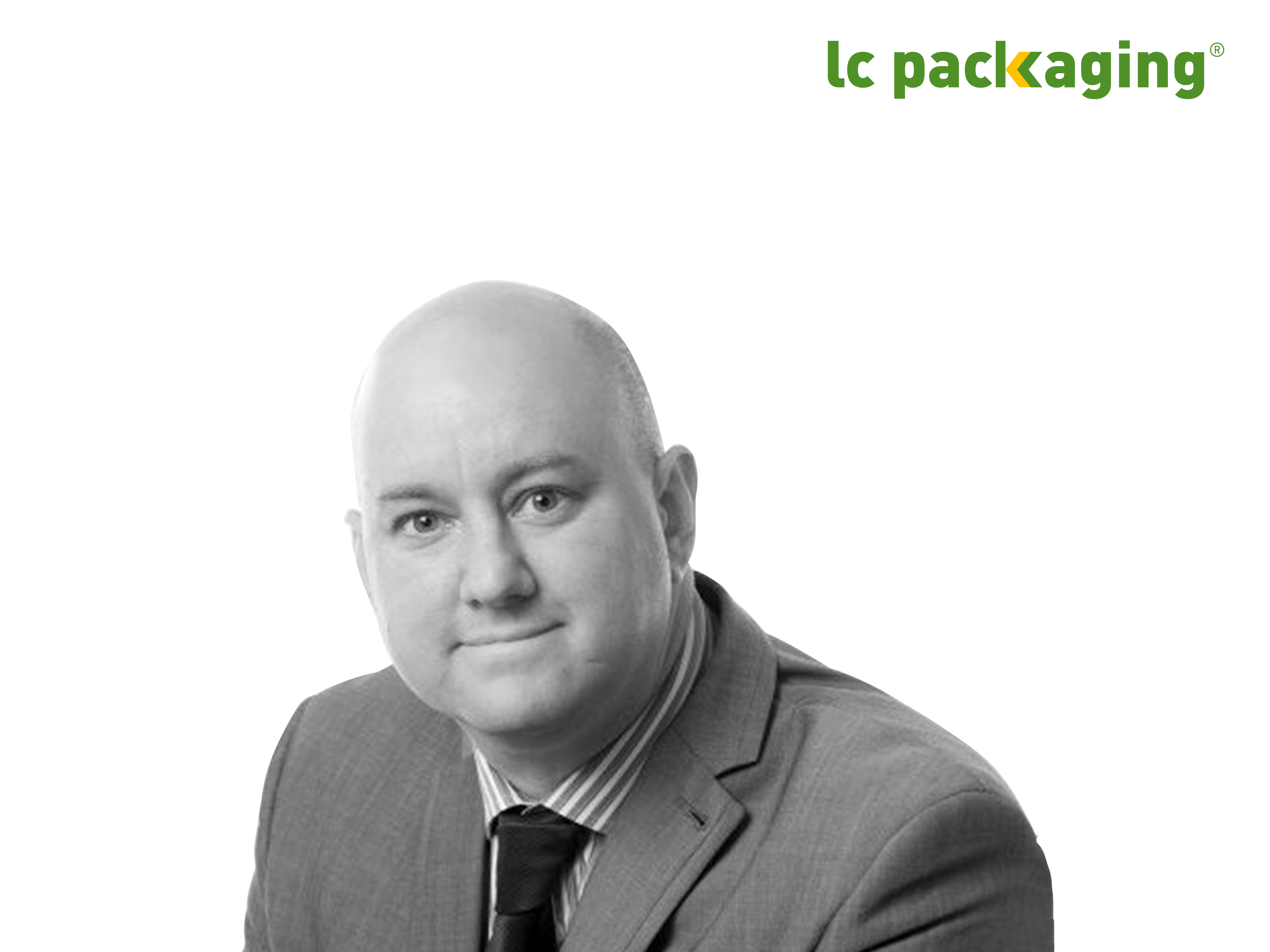LC Packaging UK: “We aim for partnerships"
LC Packaging UK was LC Packaging’s first entity abroad in 1981. 40 years later, it has two offices with flexible, caring, supportive and driven staff. Mervyn Silk, Sales Manager FIBC, is one of them and has been with LC UK for 5 years.
Mervyn: “LC UK has been through quite some changes recently. After restructuring we are now even more efficient and effective in supporting our customers. I started as an Account Manager covering the South and quickly progressed to managing the national Key Accounts”. From here, Mervyn has taken position as Sales Manager to lead and develop the UK FIBC team into the future. “We are continuing to develop the team and constantly strive to become the technical masters of our products. We aim to find the best ways to support our customers as well as our customers’ customers.”

The UK has many active industries utilising FIBCs (big bags) as a method for transporting products. One of the largest is the food industry, which is also a sector that faces many challenges. “The newest challenge will be the introduction of the plastic tax in April 2022. We are working on options for a closed-loop recycling process to be able to eventually produce food grade FIBCs from recycled material. In the meantime, we continue to value engineer and optimise the bags.”
LC Packaging UK has been supporting its customers for 40 years now. However, parent company LC Packaging has been doing the same for nearly 100 years. “During this time, LC Packaging has developed a lot of knowledge and experience in both the manufacture and distribution of packaging solutions as well as its technical aspects. This combined with our passion to keep customers at the center of everything we do, differentiates us in the market.”
Mervyn continues: “We aim for partnerships. By working together with our customers, we get a deeper understanding on how the products perform during our customers’ processes and the experience of their end-users”. Taking that journey together results in the best possible solution being supplied as well as implementing continuous improvement, optimization and harmonization projects. “Being able to make a quality product is not good enough if the solution does not match the requirement. Collaboration as partners ensures long-term issues are likely avoided and solved before they even happen. And we are here to help!”